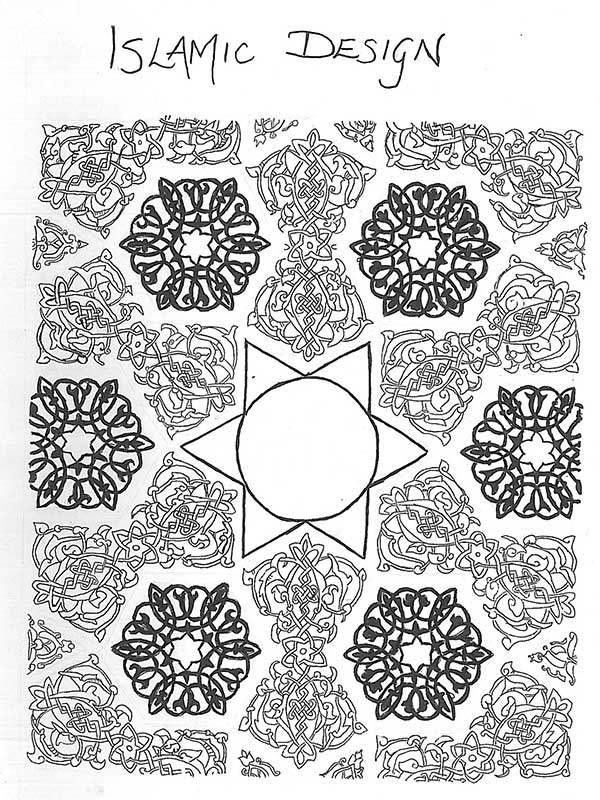The Rise and Fall of the Ottoman Empire

The Ottoman Empire was founded in Asia Minor in the 11th century AD, and rose to become a formidable world power; the greatest Islamic empire the world has ever seen. In some ways it could be seen as a continuation of the eastern leg of the Roman Empire that outlived the western leg by a whole millennium.
The first Ottoman sultan was Osman I, who preached an Islamic holy war against the Christian states of Byzantium, Bulgaria and Serbia. Ottoman influence spread swiftly into eastern Europe and in 1453 Constantinople fell to its forces.
Ottoman success was largely due to Rome’s legacy of military organisation, most notable in the elite military corps known as the Janissaries. Led personally by Sultan Suleiman the Magnificent, Ottoman armies annexed most of the Middle East and North Africa, conquered the Christian strongholds of Belgrade, Rhodes, and most of Hungary, and in 1683 laid siege to Vienna – where the Ottoman conquest was halted, at the hands of the Holy Roman Empire under the Hapsburg dynasty. This blow marked the beginning of the Ottoman Empire’s slow but terminal decline. By the 19th century, Ottoman Turkey was regarded as the ‘sick man of Europe’ – a phrase attributed to the Russian tsar, Nicholas I.
The defeat of the Central Powers in World War I was the nail in the sick man’s coffin. Crippled by debt to the European banks, the Ottoman state collapsed, and in 1922 the Caliphate was formally abolished by Mustafa Kemal Atatűrk. Atatűrk had won renown as the commander of Ottoman forces during the Gallipoli campaign of 1915, when he defeated the British imperial forces in a rare and brilliant victory. After the war, he refused to accept the humiliating peace terms conceded by the Ottoman government. Atatűrk led his revolutionary band to depose the sultan and eventually won better terms for the nascent Turkish republic in the Treaty of Lausanne. Under his iron-handed presidency, Turkey was ‘westernised’ into a moderate, secular republic.
The fall of the Ottoman Empire was the greatest weakening the Islamic world had ever experienced, and the circumstances surrounding it are still the subject of contention, conjecture and resentment. The ramifications of the empire’s fall were profound – a new Turkish nation rose from the ashes, with a national hero fit to lead it into the 20th century; but perhaps most significantly, in the greater scheme of world events, without the Ottoman Empire’s demise the creation of the modern Israeli state after World War II would not have been possible.
Angus Urry
Class 11 student
Once again our highly creative Theatre Camp students at the summer school gained a distinction in the Trinity Performing Arts…
Read MoreThe Free the Children Group selling organic ice creams, vegan ice creams, cakes and smoothies to raise Money for clean…
Read MoreEight years of poetry, drama, music-making and quite simply everything-about-growing-up-together is brought to a conclusion inthe traditional Class 8 Play.…
Read MoreThis will involve making international dishes and compiling a recipe book… Three days will be devoted to the gastronomy of the local Vosges area. This is the third most wooded département in France and is an area of outstanding natural beauty with thermal springs, waterfalls and unspoilt flora. The pupils will forage for food and cook it. Pupils from classes 9 to 11 will accompany the groups.
Read More[pl_raw][pl_video type=”vimeo” id=”167603456″][/pl_raw] Wonderland Ball – Mad Hatters
Read More